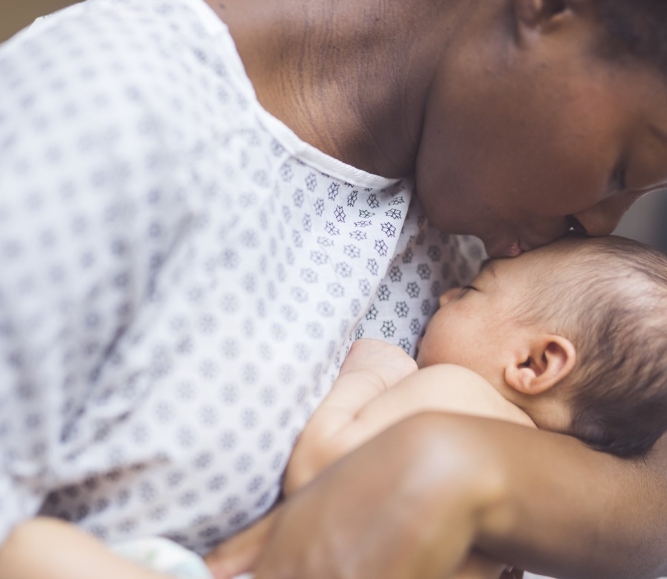The County Maternal Health Landscape: Inequities, Barriers and Recommendations

Upcoming Events
Related News
Counties play a critical role in improving the health of pregnant and postpartum people. As owners and administrators of the local health and human services social net, county leaders recognize that rising instances of maternal health complications and deaths underscore the necessity for enhanced provision and accessibility of maternal health services. Further, disparities in maternal health experiences pose a serious equity issue that can be addressed through policies and programs that lead to strong birth outcomes.
To better understand the challenges and opportunities for county government in supporting pregnant and postpartum people, the National Association of Counties Research Foundation (NACoRF) surveyed county officials on their role and authority in maternal health, gaps and barriers in maternal care systems and county-level solutions and priorities. This report highlights survey findings alongside focus group and interview responses to share the critical role of counties in serving pregnant and birthing residents. County leaders can use this information to guide development of comprehensive, accessible and equitable local maternal health care systems.
Staff Contacts
Advocacy
Federal Actions on Key Maternal Health Policy Priorities: An Overview for Counties
Across the country, counties are facing a critical maternal health crisis. According to March of Dimes, 4.7 million birthing people live in counties with limited maternity care access.

Related News

White House Executive Order establishes national substance use disorder response
On January 29, the White House issued an Executive Order (EO) establishing the Great American Recovery Initiative, a new federal effort aimed at coordinating a national response to substance use disorder (SUD).

USDA and HHS release new dietary guidelines
On January 7, U.S. Department of Agriculture Secretary Brooke Rollins and U.S. Department of Health and Human Services Secretary Robert F. Kennedy, Jr. unveiled the new Dietary Guidelines for Americans, 2025–2030.

SAMHSA cancels, reinstates thousands of behavioral health grants
Late on Wednesday, January 14, the Administration announced that thousands of Substance Abuse and Mental Health Services Administration (SAMHSA) grants that had been terminated just one day earlier would be reinstated.

